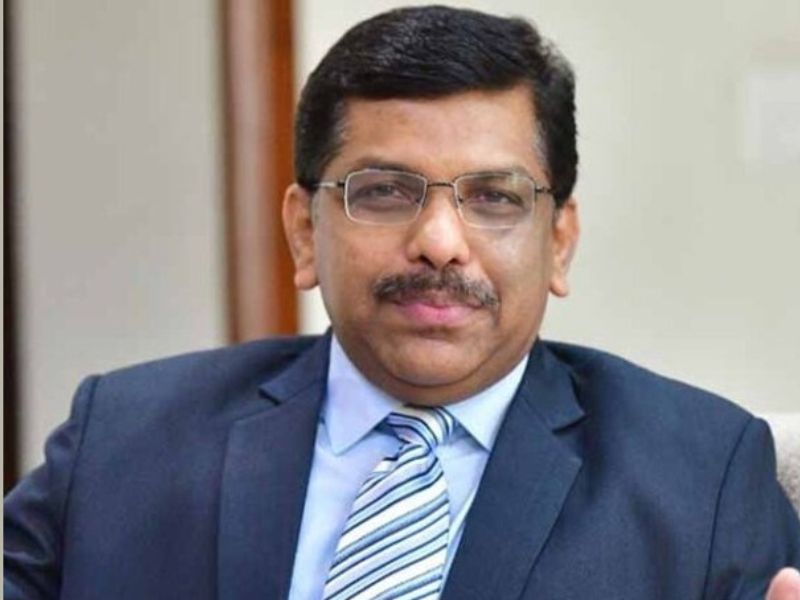National education policy 2020
On the second anniversary of the presentation of NEP 2020 to Parliament and the nation, grave doubts have arisen about bona fide implementation of this policy formulated after an interregnum of 34 years, writes Dilip Thakore

Launched with great expectations and considerable fanfare on July 29, 2020 after an interregnum of 34 years, the National Education Policy 2020 — the outcome of mountains of labour of the T.S.R. Subramanian (2016) and Dr. K. Kasturirangan (2018-19) committees — seems to be floundering in shallows.
“This National Education Policy 2020 is the first education policy of the 21st century and aims to address the many growing developmental imperatives of our country. This policy proposes the revision and revamping of all aspects of the education structure, including its regulation and governance, to create a new system that is aligned with the aspirational goals of 21st century education, including SDG 4 (United Nations Sustainable Development Goal universal primary-secondary education — Editor) while building upon India’s traditions and value systems. The National Education Policy 2020 policy (sic) lays particular emphasis on the development of the creative potential of each individual. It is based on the principle that education must develop not only cognitive capacities — both the ‘foundational capacities’ of literacy and numeracy and ‘higher-order’ cognitive capacities, such as critical thinking and problem solving — but also social, ethical, and emotional capacities and dispositions,” says the preamble of NEP 2020.
On July 29, 2020 when NEP 2020 was presented to Parliament and the country, Dr. Ramesh Pokhriyal Nishank, a lightweight Hindi language novelist appointed Union education minister for mysterious reasons in 2019, said it would “bring transformational reforms in school and higher education systems in the country”. Likewise in a prepared statement his deputy, Sanjay Dhotre, minister of state for education, described NEP 2020 as the “most comprehensive, radical and futuristic policy document in the educational history of this country”.
Curiously but not surprisingly, at that time both ministers declined EducationWorld’s pressing requests for interview for further and better particulars. Neither did they publicly defend NEP 2020 in any major media publication, a tradition of unaccountability sustained by Pokhriyal’s successor Dharmendra Pradhan, a former ABVP (students’ wing of the BJP) leader in Odisha who was moved from the Union petroleum ministry to Shastri Bhavan, Delhi in July last year.
During a successful six-year stint in the petroleum ministry Pradhan had established a good reputation for liberalising the country’s hydrocarbons exploration policy dominated by the dog-in-the-manger public sector ONGC and was the prime mover behind the prime minister’s Ujjwala scheme under which below-poverty-line households were provided free-of-charge cooking gas cylinders, a programme that won the BJP millions of votes in General Election 2019. Delighted that he had replaced Hindi language chauvinist Pokhriyal whose 25 months’ term in the ministry was a period of masterly inactivity, your editors enthusiastically welcomed Pradhan’s appointment as Union education minister by featuring a cover story introducing him to the public. But again despite numerous entreaties, all requests for an interview with Pradhan to detail his plans and priorities were rejected. Despite this rebuff, EducationWorld published a comprehensive lead cover feature titled ‘Can This Man Revive India’s Shattered Education System? (September 2021 see www.educationworld.in).
Since then except for sporadic, turgid official statements posted on the Union education ministry’s website, all has been quiet on the education front. Occasional statements of intent to universalise early childhood education, introduce skills learning in primary-secondaries and internationalise the higher education sector have not been followed by implementation details. Admittedly, NEP 2020 implementation was derailed by the devastating Covid-19 pandemic during which all education institutions from pre-primaries to universities were under Central and/or state government-mandated lockdown for an unprecedented average of 82 weeks — the longest closure of education institutions worldwide. However during the pandemic, there was precious little communication from minister Pradhan or Shastri Bhavan, Delhi justifying the world’s most prolonged education lockdown. Citizens just had to lump it.
Moreover since then even the critically important issue of making good the enormous learning loss of the world’s largest child and youth population because of the unduly prolonged education lockdown, has been brushed under the carpet. Alarming reports testifying that millions of primary school children have totally forgotten alphabets and numerals have been ignored by the education ministry and state governments which manage the overwhelming majority of the country’s 1.2 million government primary-secondary schools.
Unsurprisingly, given the pervasive disinclination of BJP ministers at the Centre and in the states to engage with media — and EducationWorld in particular — a detailed feature published in EducationWorld early this year, which contended that the heavens won’t fall if 2021-22 was declared a zero academic year
(see https://www.educationworld.in/declare-2021-22-zero-academic-year/), was also totally ignored by Central and state governments and the middle class establishment. While a small minority of the country’s 450,000 private schools were able to somewhat continue their children’s education through digital technologies enabled online classes, the overwhelming majority of 131 million children in 1.10 million (mainly state) government schools have suffered enormous learning loss which has endangered their future education and ultimately, workplace productivity, with grave implications for the already low productivity Indian economy.
You cant read further without a subscription. If already a subscriber please Login or to subscribe click here
























